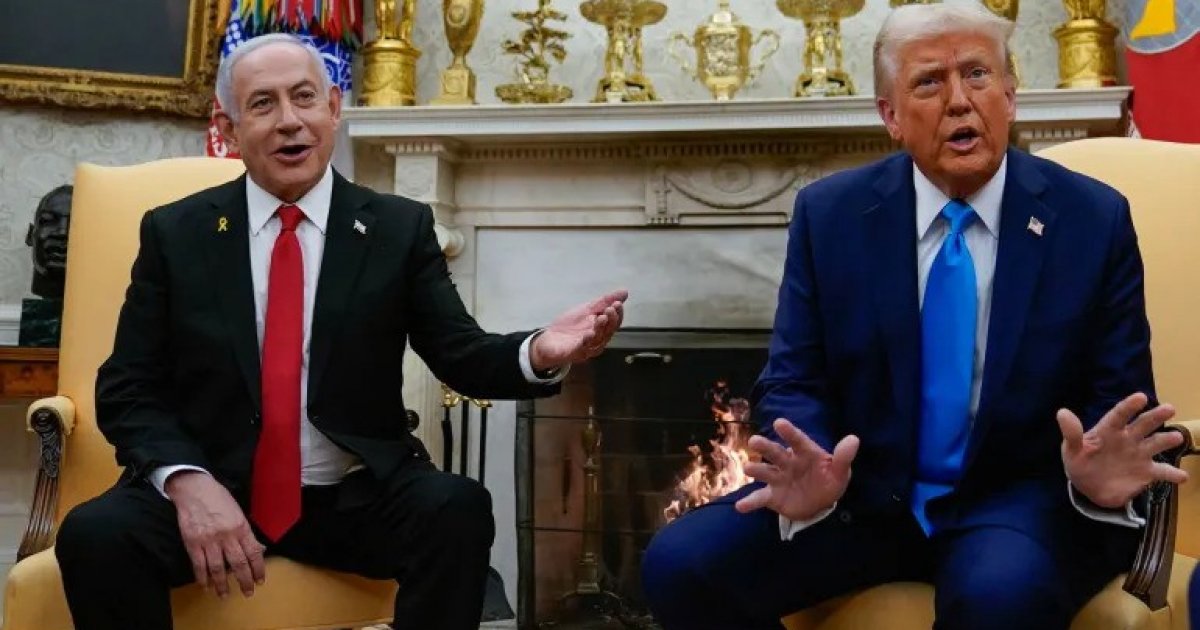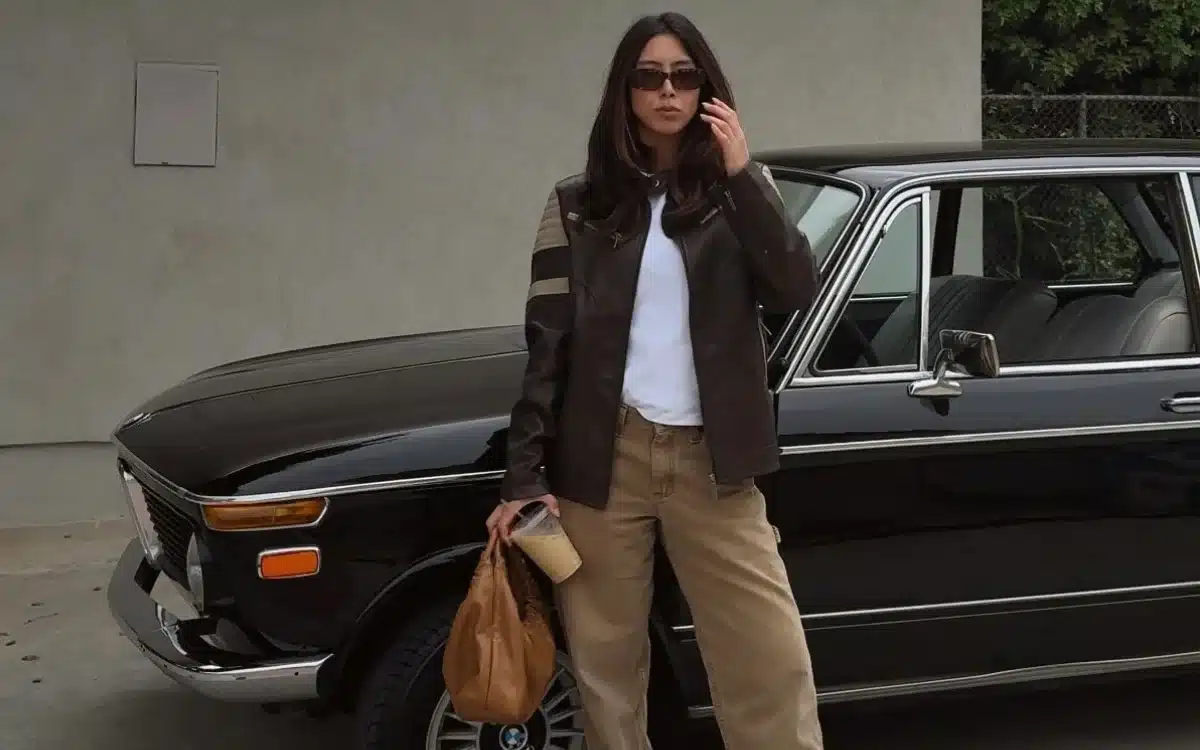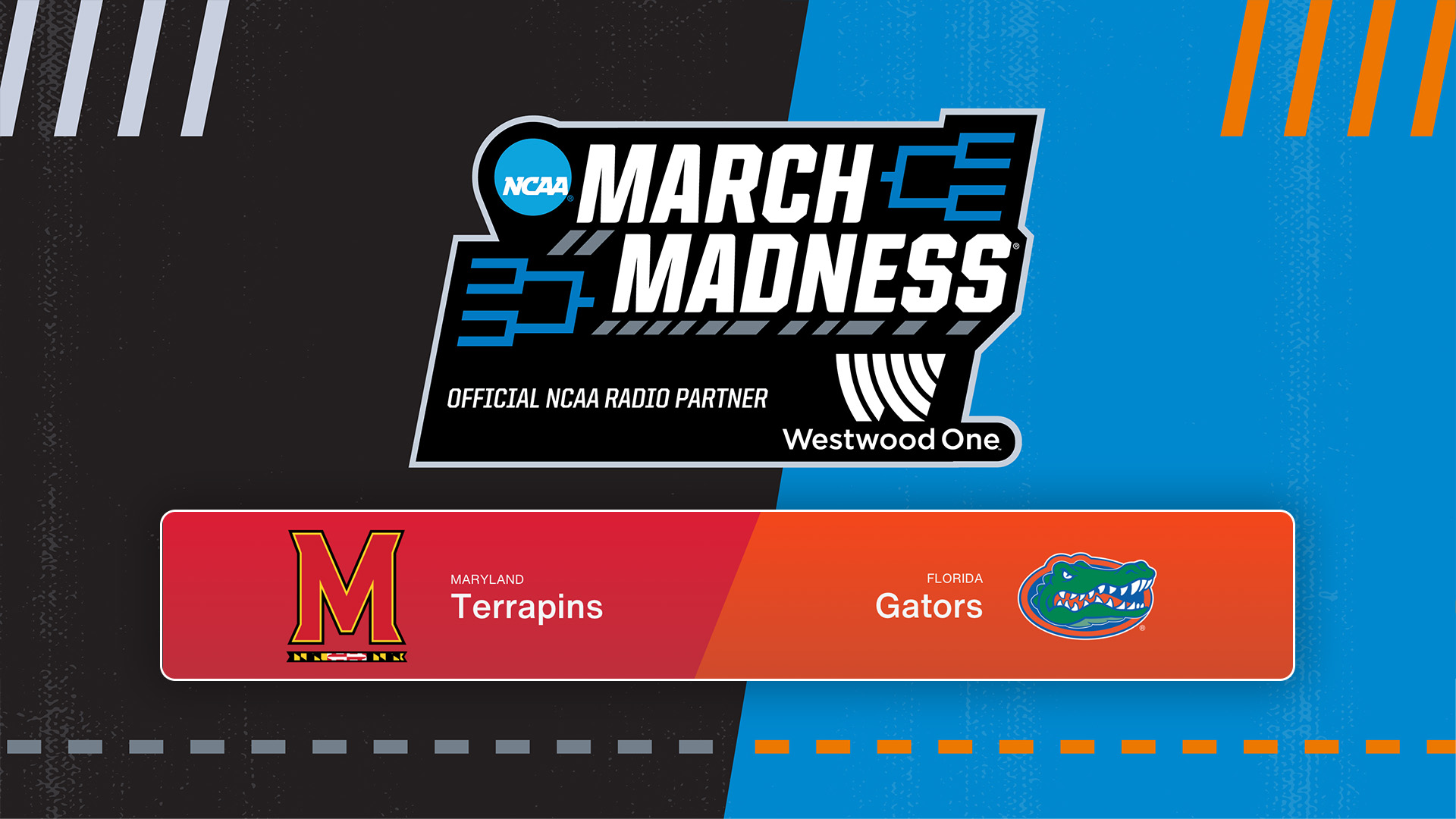Foiled Again: Brad Paisley Partners With Fender to Revive a Lost Guitar
"It’s really great that they were willing to sort of go down the rabbit hole with me," Paisley says of Fender and the "Lost Paisley" telecaster. "We've worked on this for a year now."

It’s a familiar pattern: paisley, to be specific about the visual; cutting and masculine, to identify the sonics.
A late-1960s version of the Telecaster guitar with that amoeba-like design and signature sound was particularly fascinating to Brad Paisley once he discovered that Fender had produced a line that matched his last name.
Now he has partnered with the company to create a limited-edition Brad Paisley 1967 “Lost Paisley” Telecaster, a select line of guitars that captures the vintage appearance and muscular tone of the instrument that was introduced to the market in 1968.
“There’s some magic involved in getting these things to feel old again and new again,” Paisley says in a small room on the second floor of Fender’s East Nashville building. “We had to really figure out what was it that made these things so cool. They are a unique moment — like, why in the hell Fender ever thought it was a good idea to make Paisley Telecasters? And then here I come, born with the strangest last name.”
The Tele was already legendary before Paisley’s national arrival, associated with the likes of Keith Richards, Vince Gill, Muddy Waters and Nashville studio veteran Brent Mason, who contributed key licks to recordings by Alan Jackson, Brooks & Dunn, George Strait and Lee Ann Womack. Country Music Hall of Fame member James Burton gave the Paisley Tele a high profile when he started playing a red model during Elvis Presley‘s concerts.
“They became cool,” Paisley says. “Otherwise, I am Brad Plaid. I’d have had to change my name by the time I had a deal. [There’s] nothing cool about Paisley, but it was, luckily, cool thanks to James.”
The sound is cool, but there’s something nerdy about making guitars. And Paisley celebrated the retro instrument line by performing a short set at Fender for an invitation-only crowd of insiders and fellow nerds, including Steve Wariner, who joined Paisley’s band for a rollicking, extended version of “Workin’ Man Blues.”
Paisley’s guitar project owes its reemergence to one of the nerds attending that day. Canadian broadcaster Alan Cross spotted a Craigslist ad for an ammo case of blue Cling-Foil, the adhesive wrap Fender used on the Paisley Tele back in the day. Cross talked the seller from $50 down to $25 — and, to keep peace at home, told his wife he’d only paid $20 for the material.
Once that foil got into Fender’s hands, the company had the opportunity to re-create the line, and Paisley worked hand in hand with Ask Zac YouTube host Zac Childs, Glaser Instruments owner Joe Glaser and the Fender team to learn the nuances of the Paisley Telecaster production process: assembling the neck, body and pickups; applying the paper wrinkle-free; and covering it with a sleek finish.
“The finish is a key element,” Paisley says. “It’s not just the look of it. It does change everything about how it responds. So it’s really great that they were willing to sort of go down the rabbit hole with me. We’ve worked on this for a year now, trying to get it exactly right.”
In recognition of the Lost Paisley’s 1967 model year, Fender will produce 67 guitars through its Custom Shop in Corona, Calif., pricing them at $7,000. Paisley will manufacture 19 pieces with the Fender Nashville team, videoing the assembly and playing each guitar, providing its future owner an assessment of that guitar’s particular strengths and weaknesses. He’ll burn the neck of each of them with a cigar to simulate the abuse they take onstage, and the cigar label will be pasted inside the guitar cavity.
“I’m going to have time-lapse cameras set up,” Paisley explains. “As I paint each one, I will hold up the number, you’ll see me [build] it, you’ll get a little video, and then I’ll tell you what I think of it. I’ll play it once it’s assembled. They get a guitar with its birth [documented], and then a lot of case candy, the really fun stuff, too. There’s all these cool old campaigns and bumper stickers and things they did in the ’60s with Fender. They had these buttons that said, ‘Fender Lovin’ Care,’ and they had the ‘Peace, Love’ bumper sticker. Your case will be covered.”
Paisley is covering plenty of other bases as well. For starters, with the economy poised for a likely downturn, The Store — a referral-only grocery store for financially struggling Nashvillians that he co-founded with his wife, actress Kimberly Williams-Paisley — is expected to experience greater demand at a time when a portion of its donors are tightening their belts.
“It’s going to be probably a really important thing for people that didn’t expect to need it coming up, based on what things look like,” Paisley predicts. “There’s funding that went away, but at the same time, we are in a really generous town. I knew this when we decided to try this idea. There are really generous people here, and there are generous people outside of Nashville that know about it, that are committed to helping us in a lot of ways, so it’s not easy right now, but it definitely keeps me sane.”
Subscribe to Billboard Country Update, the industry’s must-have source for news, charts, analysis and features. Sign up for free delivery every week.
Meanwhile, he’s optimistic about changes at Music Corporation of America, formerly Universal Music Group Nashville. UMGN chair/CEO Cindy Mabe, who was key in bringing Paisley to the label, left the company. New MCA chief creative officer Dave Cobb and senior vp of A&R Austin Jenkins successfully quelled any apprehensions about the turnover.
“New regimes at labels, which I’ve dealt with three or four times in the course of my career, can make it very clear right away whether or not they get you,” Paisley notes. “These guys have really done a great job of being like, ‘We get you, and we want to empower you to be who you want to be.’ And I’m thrilled so far.”
Paisley was prepared for the new leadership to present a game plan that might not resonate with him. Instead, the team came in with questions.
“They were like, ‘Will you play us some stuff? Will you talk to us and give us an idea of what you have, and what you are in your mind, and what you want to be?’ ” he says. “Then they came up with ideas, sitting there with me, that I went, ‘Oh, I love that.’ The next thing you know, we have days on the calendar now based on one idea in a meeting. So I’m really hopeful that this is a good thing.”
The Paisley pattern is set for its next chapter, whether it’s for the Fender guitar, the artist or both.
What's Your Reaction?














































